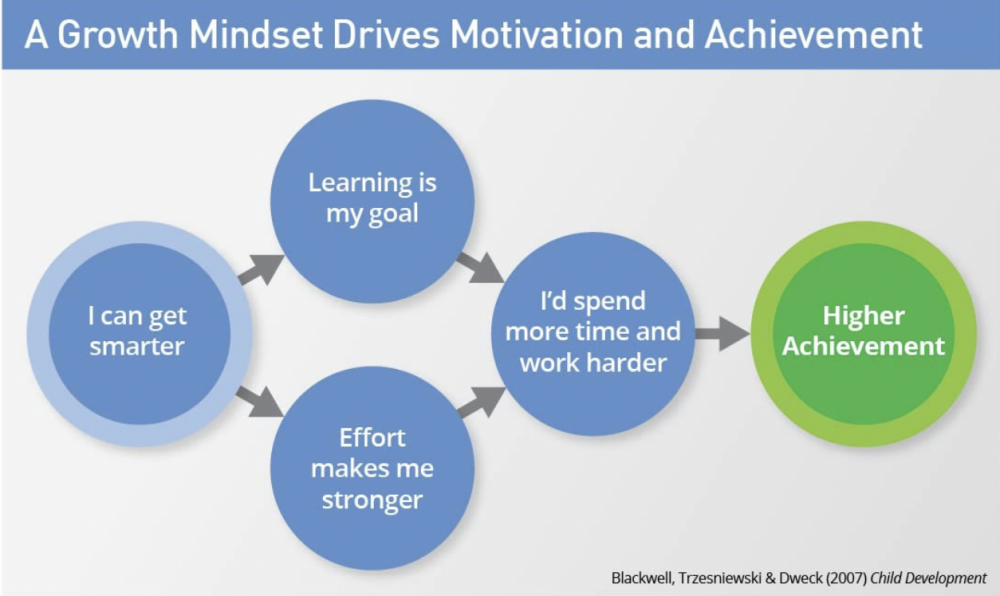Recently, US Stanford academics Carol Dweck and Greg Walton published a further study in relation to Growth Mindset claiming that:
“Here we show that a short (less than one hour), online growth mindset intervention—which teaches that intellectual abilities can be developed—improved grades among lower-achieving students and increased overall enrolment to advanced mathematics courses in a nationally representative sample of students in secondary education in the United States.” (Nature, August 2019)
In Australia and other parts of the world this claim set in motion a range of views about how growth mindset can be taught and whether in fact it is possible to change a mindset. Can growth mindset be taught?
Most educators would agree, that changing a fixed mindset or teaching a growth mindset is a worthwhile venture. While the jury is still out on the best way to do this and the extent of the change that you can achieve, I am sure that parents and teachers alike feel that doing this is worthwhile.
Students with a growth mindset are more likely to succeed because those with growth mindsets, learn from mistakes and criticism. They know that effort will lead to learning and they believe that with effort they will improve. Schools adopted the terminology because we believe it was a way of optimising student learning and by using language such as the power of “yet” - “I can’t do that Maths problem – yet” all students, no matter their ability level, would be motivated and strive for improvement. In this model, failure is not final – it is part of the learning process.
In contrast, students with fixed mindsets have a hard time learning from failures and tend to adopt a stance that they are not intelligent or can not learn something. This mindset does not open the student’s mind to the possibility of improvement.
While we may not know exactly how to teach a growth mindset nor the impact that this will have on every learner, I would hope that all educators and parents would see the benefits of talking about growth mindsets with children and young adults. We want to develop confident, resilient learners from a young age who do not switch off learning when they make mistakes. We need young people to believe in themselves as they engage fully in the learning process. This optimistic approach enhances the learning experience and builds success for life.

For more information: www.mindsetworks.com/science/
Listen to the Head of School speak with ABC Radio about Growth Mindset at www.abc.net.au